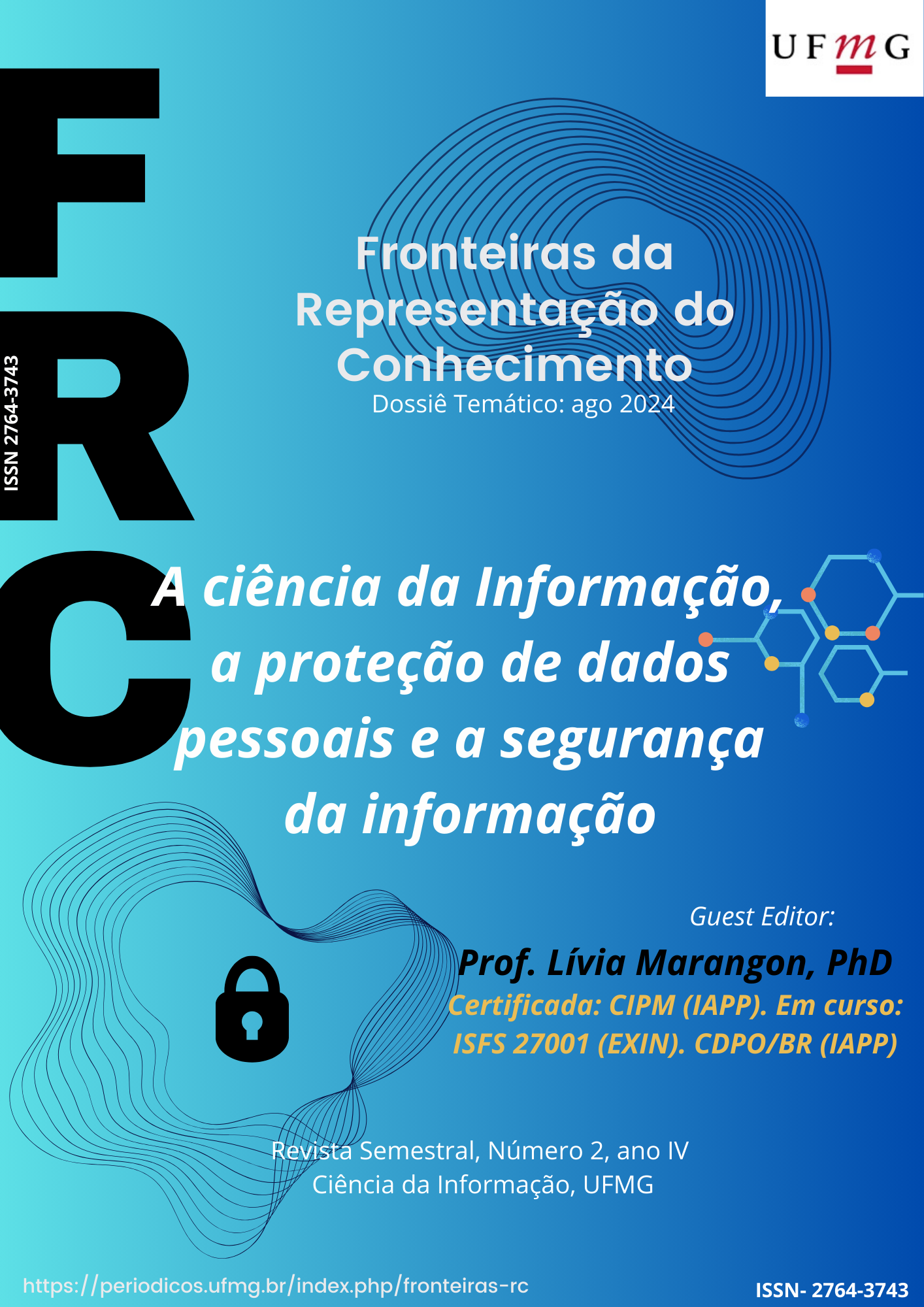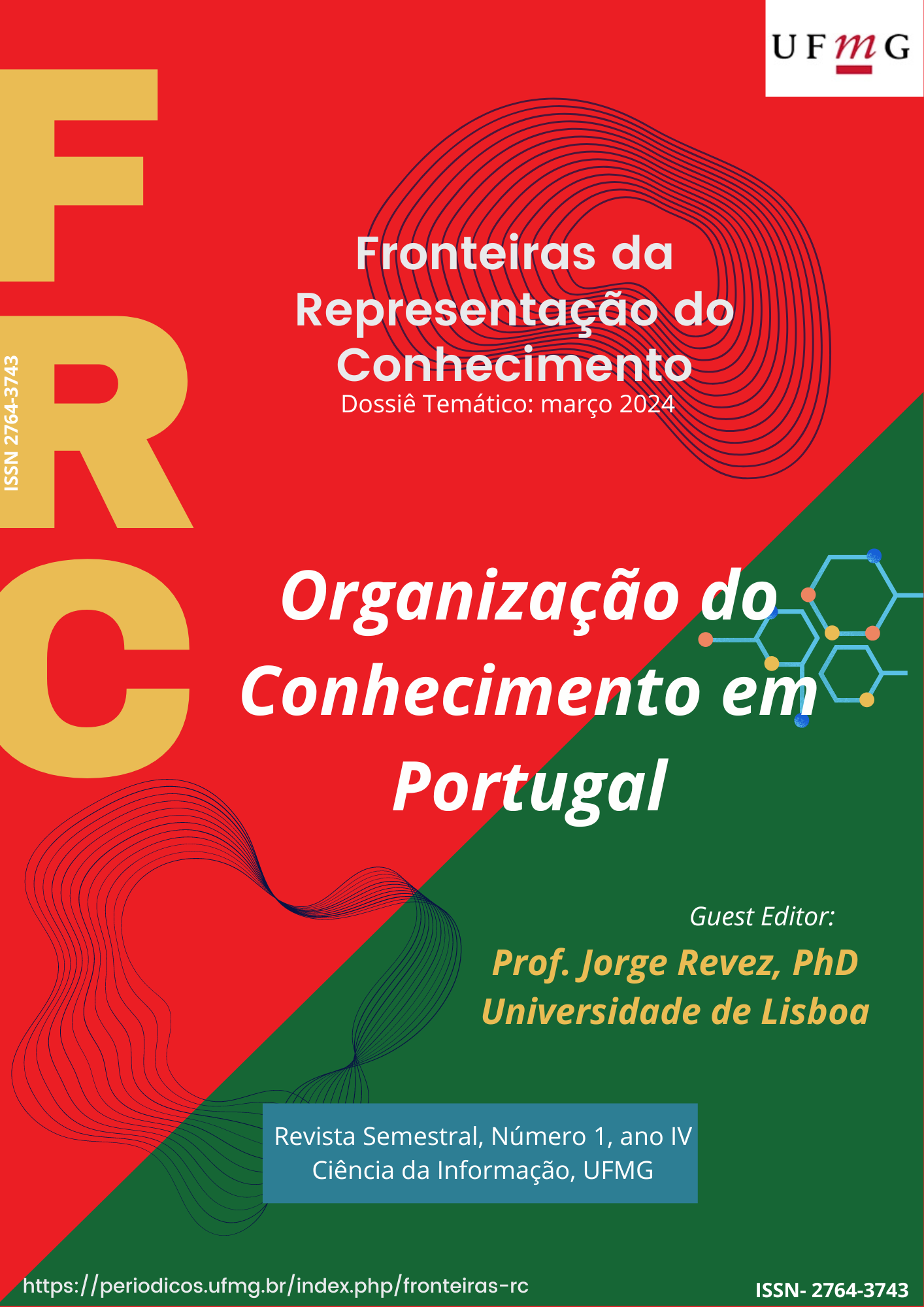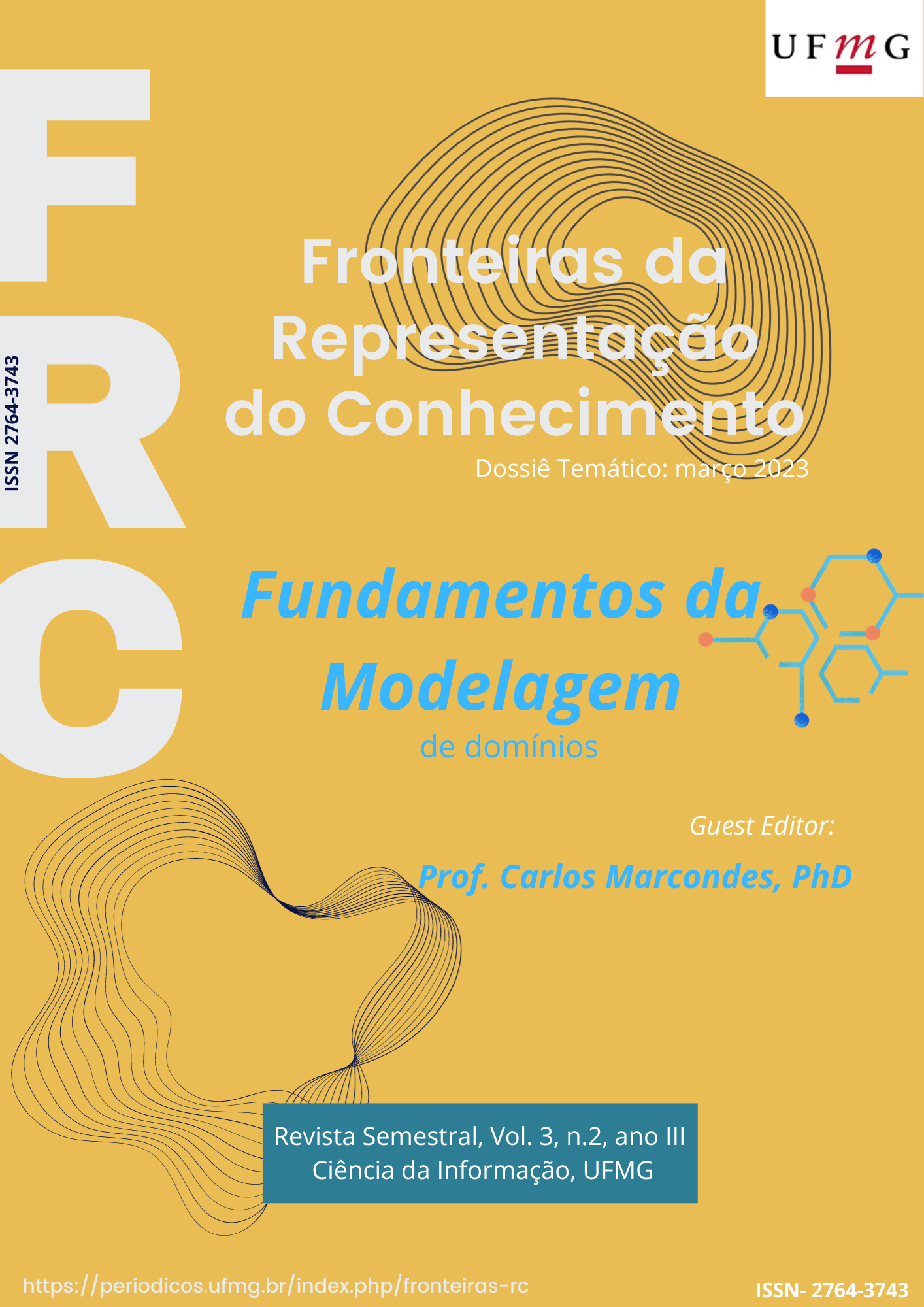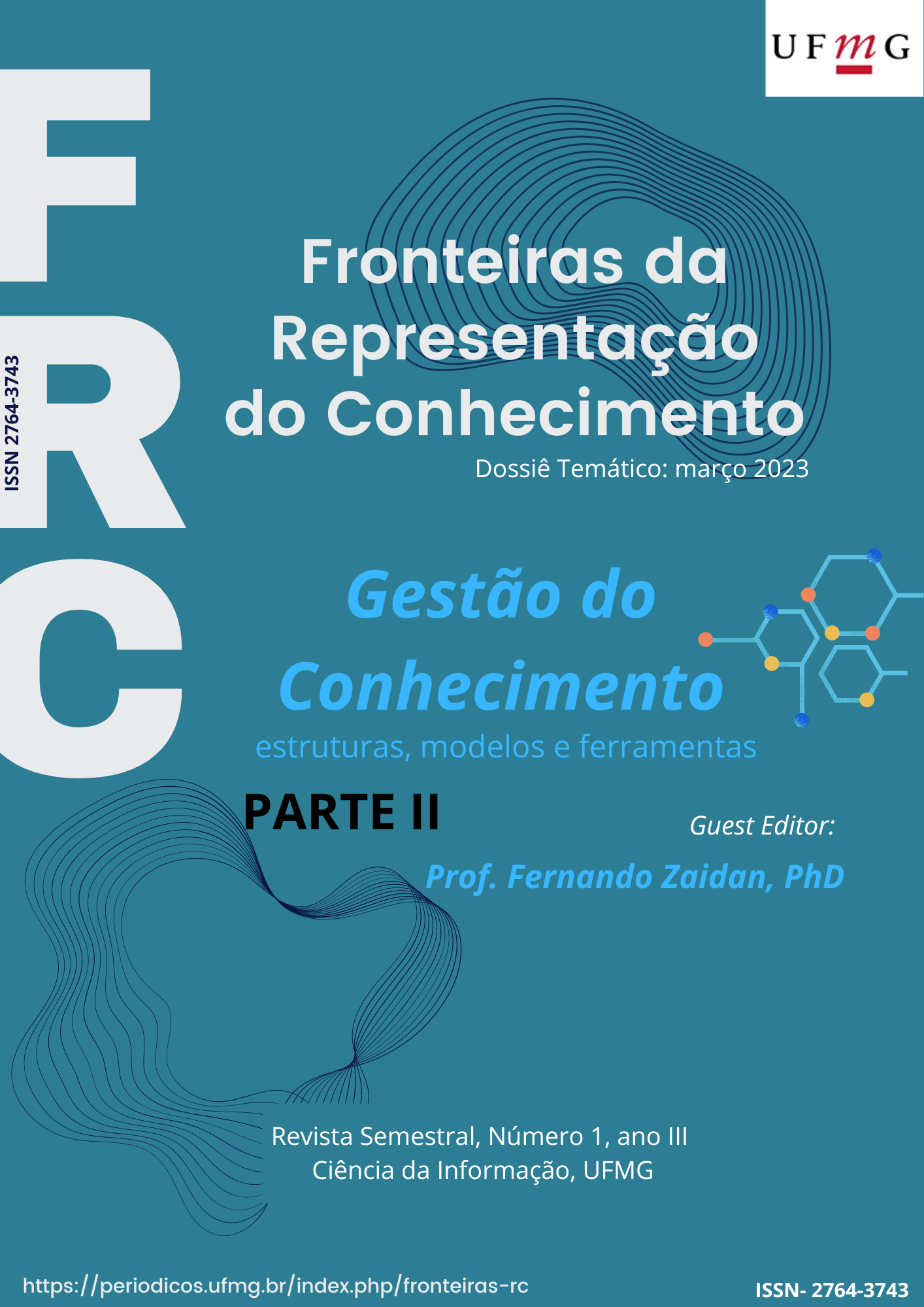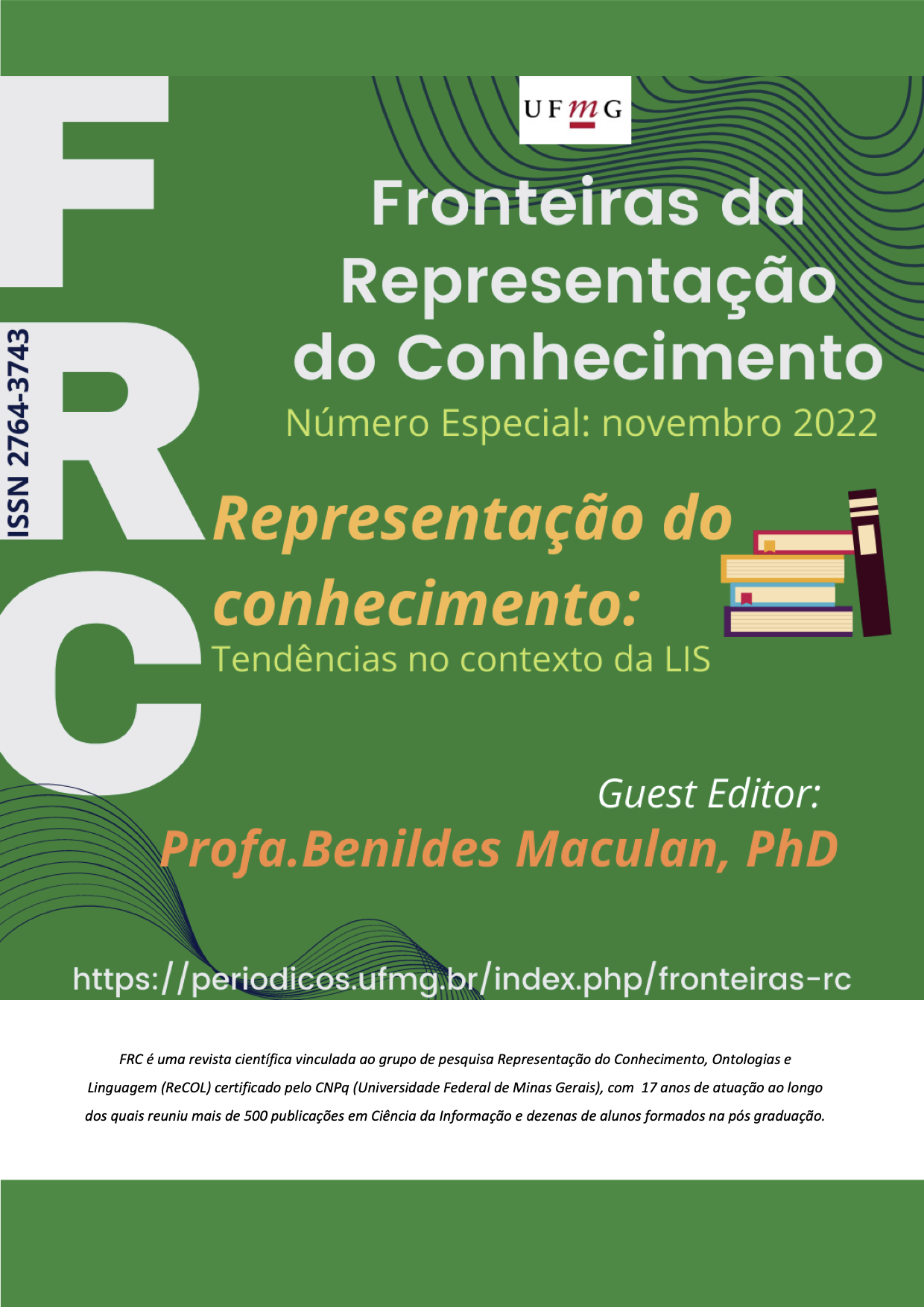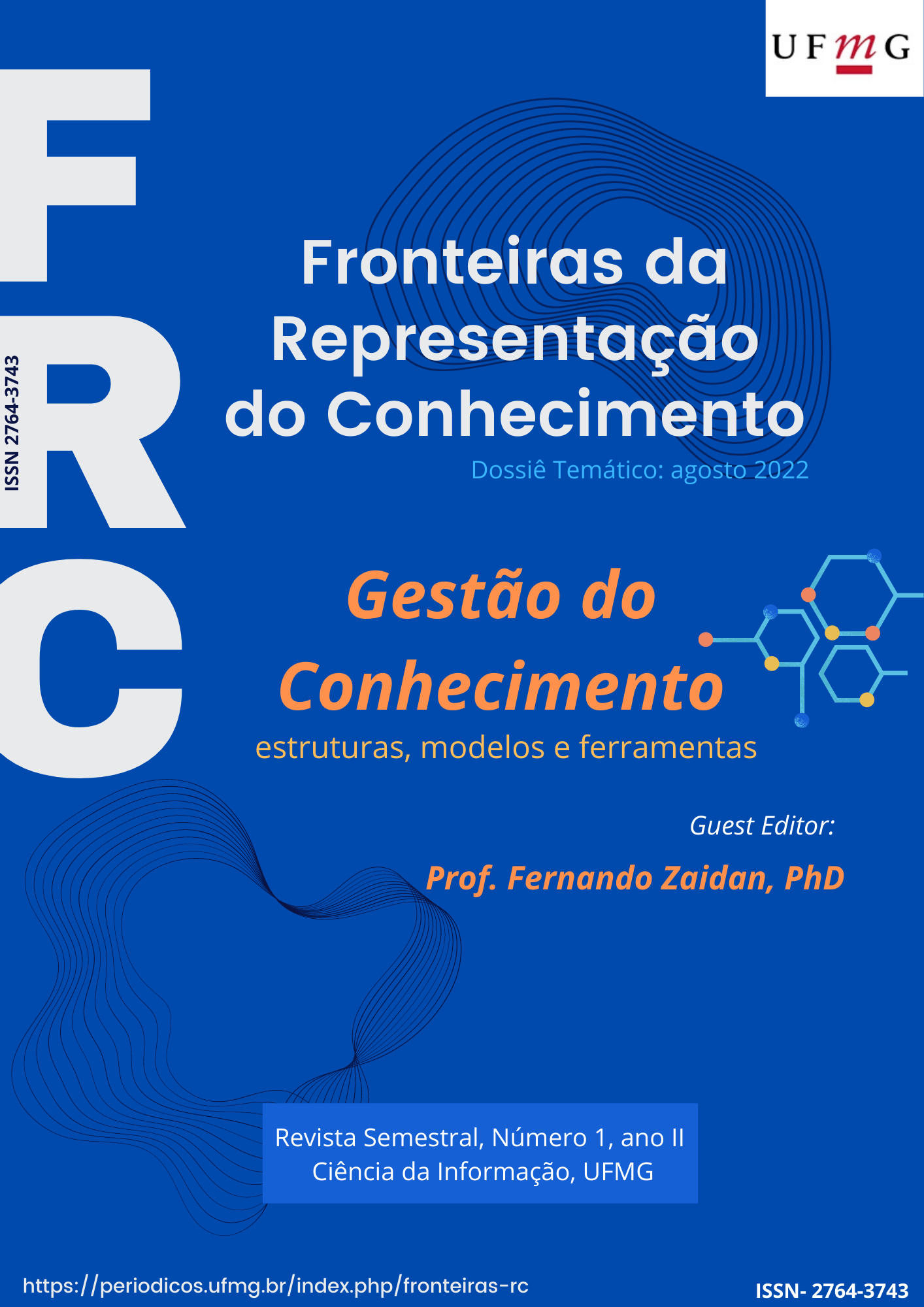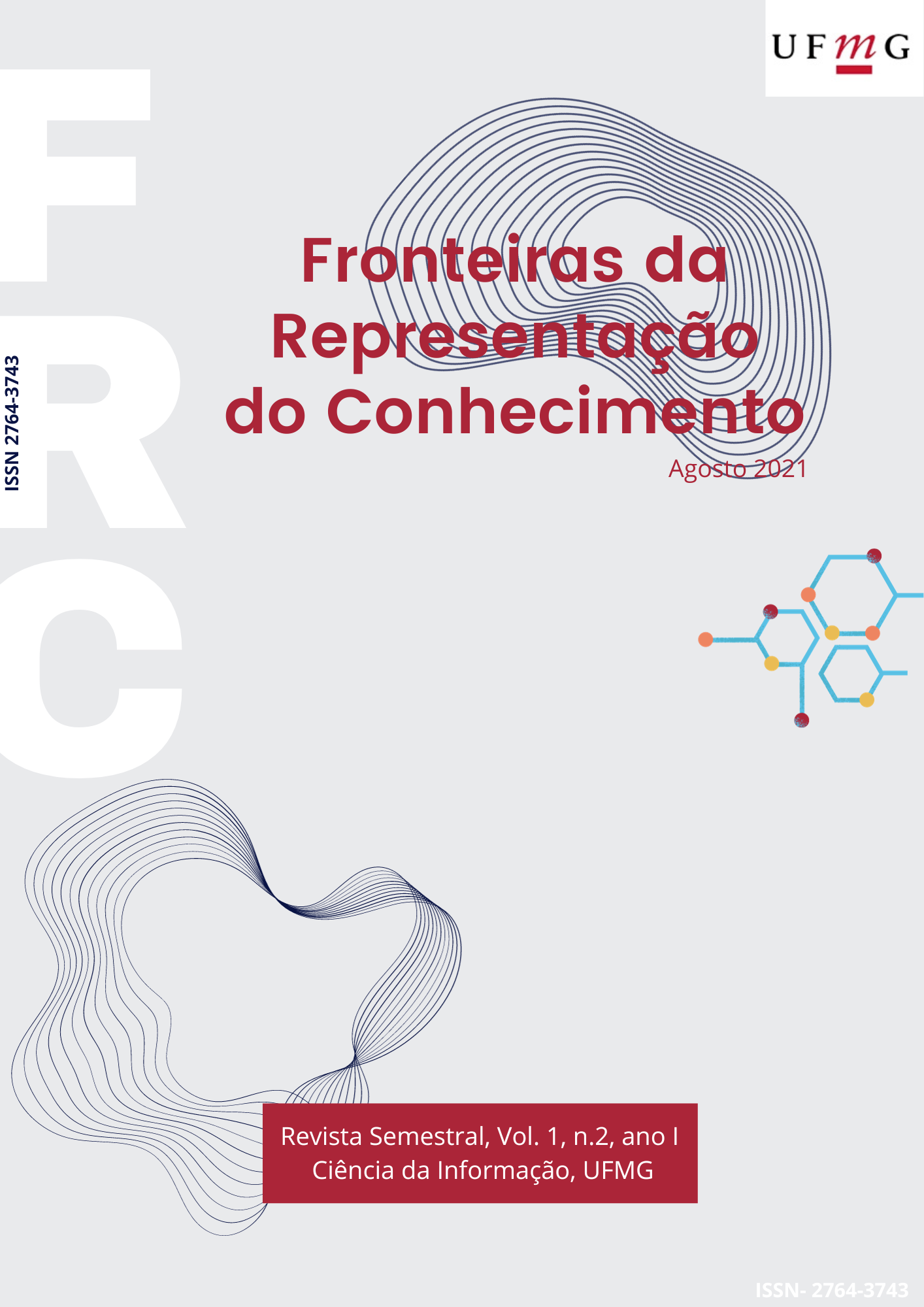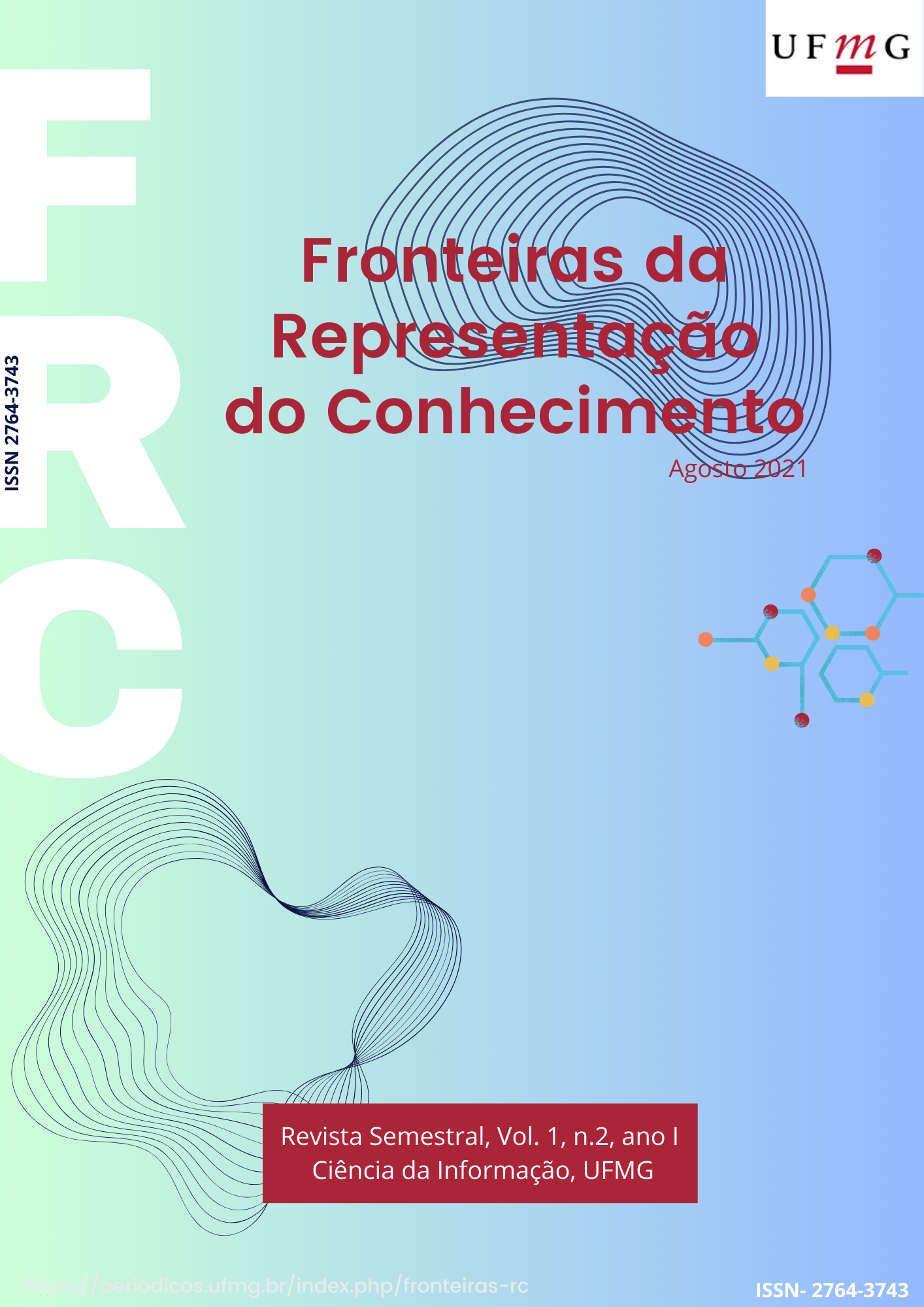Privacidade, Proteção de Dados e Segurança da Informação
Vol. 4 No. 2 (2024)
Organização do conhecimento em Portugal
Vol. 4 No. 1 (2024)
Thematic Issue on Domain Modeling Foundations
Vol. 3 No. 2 (2023)
Dossiê temática sobre modelagem
Guest Editor: prof. Carlos Marcondes
Thematic issue on Knowledge Management - structures, models and tools PART II
Vol. 3 No. 1 (2023)
Thematic dossier - Knowledge Management
Guest Editor: prof.Dr. Fernando Zaidan
Tecnologia da Informação, Comunicação e Gestão do Conhecimento
Vol. 5 No. 1 (2025)
[...]
Nesta edição, contamos com a participação de docentes, discentes e egressos do PPGTICGC, cujas investigações abordam temas estratégicos e contemporâneos, demonstrando a relevância do programa para a academia e para a sociedade. Também foi incluído na edição um artigo (número oito) alinhado à temática, que foi submetido à revista para avaliação duplo cega.
[...]
Thematic issue on Knowledge Representation - trends in the context of LIS
Vol. 2 No. 2 (2022)
The proposal for this dossier is focused on original articles with reflections, theoretical studies and analyzes of the foundations, principles, methodologies and instruments that involve the processes of knowledge representation, with a focus on trends for its application within the scope of multidisciplinary studies of Library Science and Science of Information.
Guest Editor, Profa. Benildes Maculan
Thematic Issue on Knowledge Management - frameworks, models and tools PART I
Vol. 2 No. 1 (2022)
Thematic Issue: Knowledge Management - frameworks, models and tools
Frontiers of Knowlegde Representation
Vol. 1 No. 2 (2021)
v. 1 n. 2 (2021): Frontiers of Knowledge Representation
Frontiers of Knowledge Representation
Vol. 1 No. 1 (2021)
Frontiers of Knowledge Representation
https://periodicos.ufmg.br/index.php/fronteiras-rc/
EDITORIAL
We present to the scientific community the first edition of the journal Frontiers of Knowledge Representation (FKR). Recently, the first international standard in ontologies was also published: it is ISO/IEC 21838, jointly approved by the International Standards Organization (ISO) and the International Electrotechnical Commission (IEEE), and initially composed of two parts: “Top-Level Ontology ” and “Basic Formal Ontology (BFO)”. The translation of this standard for Portuguese is also ready, awaiting internal ABNT procedures.
This is an important development in the history of ontology research, whether international or Brazilian, to which FKR and its collaborators wish to contribute. Therefore, we present here a recent set of contributions on the topic of ontologies and knowledge representation, aligned with the new international standard.
FKR is a scientific journal hosted at the Federal University of Minas Gerais that receives original submissions emphasizing theoretical foundations on knowledge representation, in particular, ontologies. Furthermore, contributions that make use of information technology to represent a well-founded theoretical perspective are accepted. From this fruitful encounter – ontology as a discipline and ontology as a (technological) artifact – what is commonly called Applied Ontology is born.
This volume – volume 1 – is composed of two issues, this being the first of them. Number 1 has eight selected articles, produced by experts in ontologies and representation.
§ In the first article, a contribution from the University of Coimbra, researcher Luís Machado navigates the complex topics that involve ontologies and knowledge organization systems. It investigates the role of ontological analysis, distinguishing system and model.
§ The second article provides a guide for formalizing definitions in natural language. Formalization is necessary for representing knowledge in machine-readable language. Researcher Guilherme Noronha touches on one of the most difficult aspects of ontology construction for the information scientist.
§ Medicine and health care, areas in which ontologies are most applied worldwide, are the focus of Dr. Livia Marangon in the third article. The text addresses, in an accessible way, the problem of epistemological overlap in biomedical vocabularies, in addition to proposing solutions.
§ Still in Medicine, in the fourth article, Dr. Amanda Souza and colleagues explain how to solve a common problem in medical texts: the lack of well-constructed definitions. To this end, the author, who is also a clinical librarian, covers the Aristotelian method of defining in a didactic way.
§ In the fifth article, Dr. Daniela Lemos and colleagues explore a domain that is difficult to represent, due to the level of abstraction: semantic annotation on cultural heritage material. This is a type of pioneering work, with few initiatives in the country, but of the greatest importance.
§ In times of pandemic, the sixth article brings together information retrieval – an important research topic in Information Science – and the learning process. To this end, Dr. João Paulo Silva and colleagues bring a case study in the context of Covid-19.
§ The seventh article – led by Dr. Fabrício Mendonça and colleagues – brings relevant contributions to the area: a free, online ontology editor, plus an underlying methodology. Both are aimed at researchers and professionals in Information Science and related areas.
§ In the last article (eighth article), Dr. Fernanda Farinelli discusses a subject that is very little studied, but extremely important for those interested in quality representation: why they are useful and why we need (should?) use high-level ontologies. In my opinion, mandatory reading.
Ontology is inescapable!
We invite you to join this exciting research.
Belo Horizonte, August 31, 2021
Prof. Mauricio B. Almeida, PhD (Editor-in-Chief)
Federal University of Minas Gerais.
